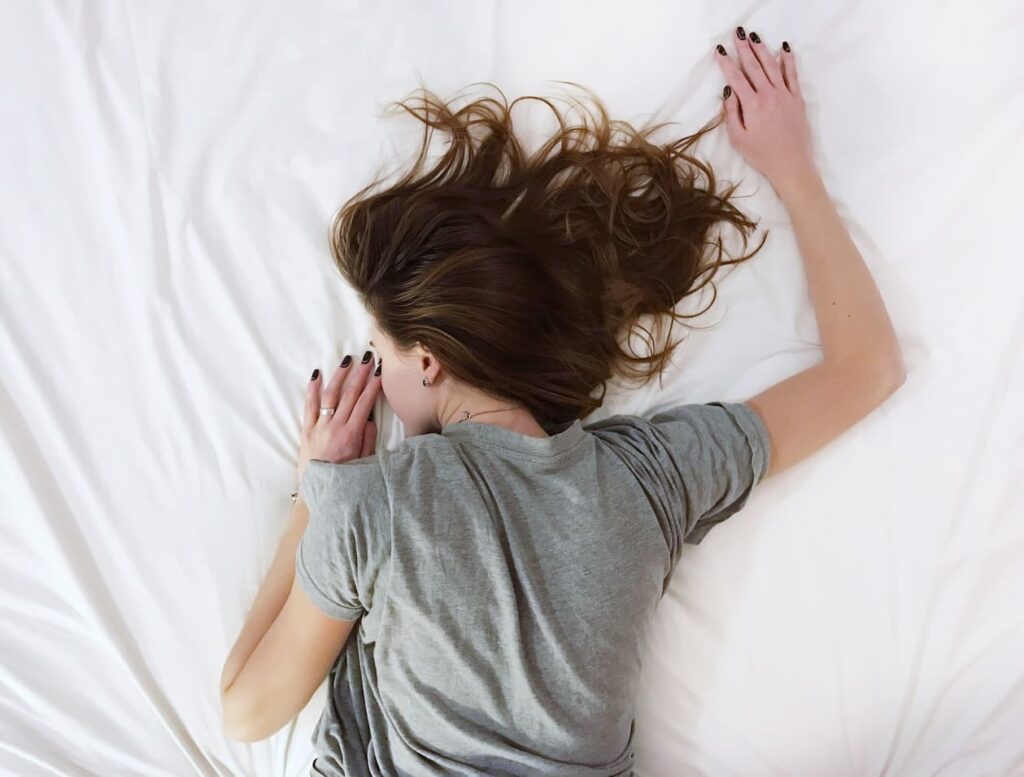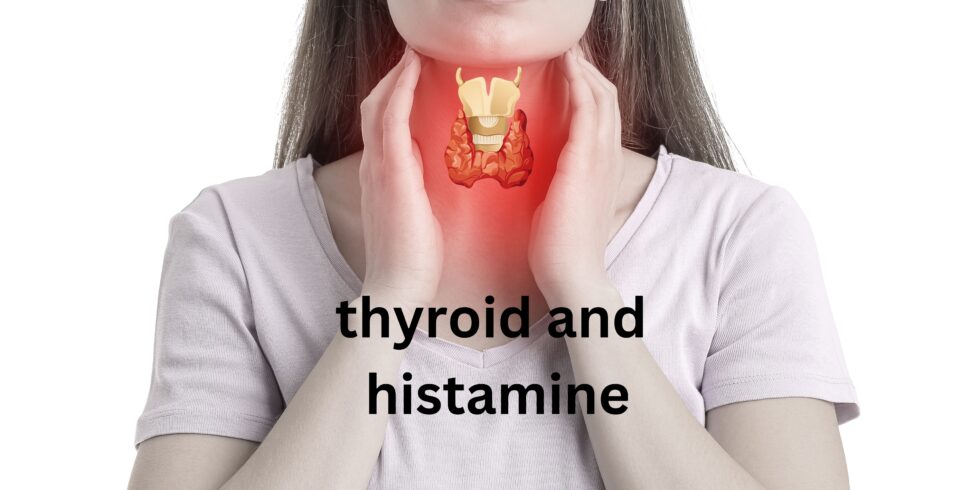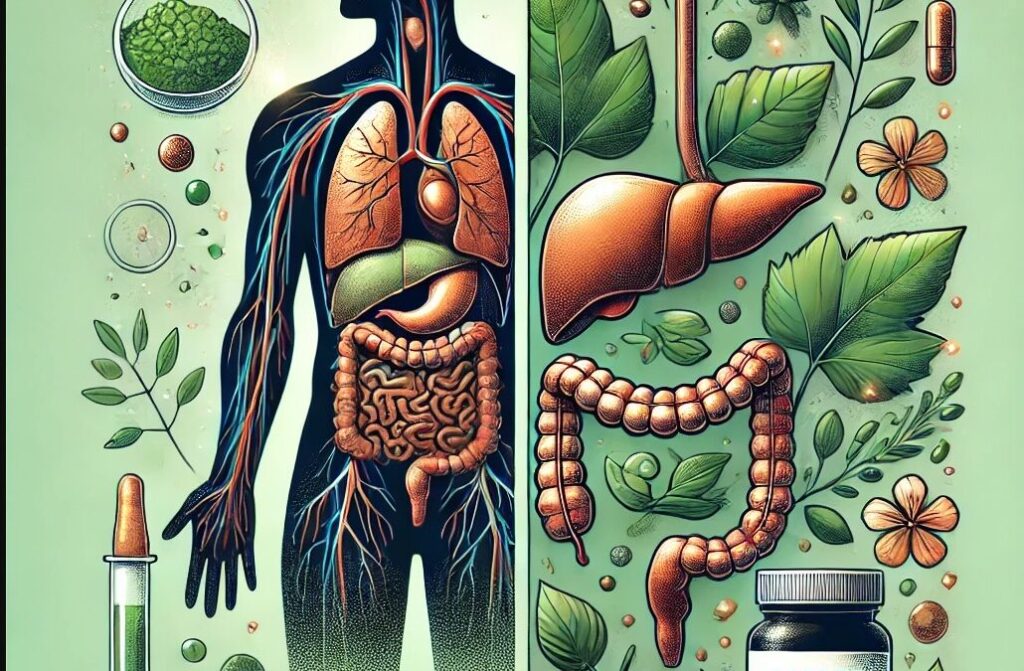Sleep Science
Sleep science is extremely complex! Different groups of neurons are involved in different physical locations that can turn aspects of sleep on and off. Without sleep, your body cannot repair both physically and mentally. Here are some facts about basic sleep science:
- The sleep system uses classic neurotransmitters, but also other non-neurotransmitter compounds as well (such as histamine, glycine, hormones, cytokines, etc.)
- Sleep cycles are intimately tied to light-dark cycles that are pretty complex and multi-faceted.
- Sleep cycles are 90 minutes long, so an idea sleep duration should be a multiple of 90 minutes
- There is a window for maximal physical and mental repair and regeneration at 10:30am to 2:30am.
- Extreme disruption to circadian rhythm is associated with deadly forms of cancer and other diseases.
- Cortisol and melatonin are typically inverse of each other and their dominance changes throughout the day/night-for example at bedtime. For example, cortisol is low and melatonin is higher at night, and this reverses during the day. These switches are needed to regulate and shift your immune system.
- In a healthy person, overnight drops in glucose are followed by spurts of cortisol to drive your body’s ability to burn stored sugar.
Insomnia-There are 3 primary things that lead the brain to wake up based on abnormal mechanisms. These are:
- Low glucose state– If you skip meals, you do not eat in a way to maintain adequate fuel, you are creating a state of reactive hypoglycemia. In this situation, the brain will pulse the cortisol too soon in the sleeping cycle, which can lead to waking up soon after falling asleep. Clues include fasting glucose under 85 and LDH less than 140. But if you feel shaky between meals, find you need coffee often, and are skipping meals, this could be a clue to your insomnia.
- Unhealthy brain- This type of brain is more sensitive to any amounts of cortisol. This can increase sensitivity to stress and cortisol, which is termed mesolimbic plasticity. This may wake the brain up prematurely, even without a cortisol pulse. A clue is someone who wakes up with anxiety, panic attacks, palpitations, tachycardia, and night sweats. These types of people startle easily, have light and sound sensitivity and have a hard time relaxing from overstimulation.
- Low cortisol– When there is not enough cortisol to produce the pulse, the adrenals will compensate with adrenaline. Depending on how much adrenaline is secreted, this can also cause you to wake up with some anxiety / nervousness.
Can you have all of these? YES!
IMPORTANT TIP: 80% of sleep issues are blood sugar and adrenal related!
A deeper look at sleep problems
With all three of these, you must check blood sugar and adrenals since they are deeply tied to these mechanisms!
- Problem Falling Asleep
- If cortisol is high at night, this can impede melatonin production. In this circumstance, make sure you aren’t doing things that are increasing cortisol (diet, lifestyle, or any stimulating foods or supplements). In higher nighttime cortisol, adaptogens can be helpful.
- If cortisol is normal or low at night, this can be serotonin issue, since serotonin (SERT) is a precursor to melatonin. It can be you have low SERT or perhaps its not converting to melatonin appropriately. Another neurotransmitter involved is GABA, especially for those who cannot shut their minds off at night. This can be due to a problem converting glutamate to GABA, or the presence of antibodies to the GAD enzymes, gluten cross reactivity, etc. Other signs to look for besides anxiety is balance, equilibrium issues, vertigo or tics/tremors/OCD behaviors in more extreme cases.
- Problem Falling Asleep
- GABA can also be an issue here, as mentioned above. In fact, GABA drives 75% of the conversion of serotonin to melatonin. It is a part of the brain called the suprachiasmatic nucleus that fires (using GABA) to the pineal gland to make melatonin from serotonin from its precursor.
- Acetylcholine can also play a role, as evidenced in memory and learning complaints.
- Problems with Sleep Restoration
- If cortisol is high at night and also in the morning, this may indicate cortisol is sustained throughout the night, which impairs the ability to repair overnight. Adaptogens can be helpful in this case.
- Dopamine can play a role in the waking state, and this is often evidenced when people do not have vivid dreams or demonstrate dream recall. Dopamine also can potentiate testosterone, which can play a role in sleep restoration in men who have low testosterone.
What about Melatonin?
As mentioned above, melatonin is converted from serotonin. Did you know methyl donors and catecholamines are required for this conversion to occur appropriately? Consuming a mostly junk food diet that depletes methylation can impair this mechanism, as can hormone replacement therapy. If you have MHTFR SNP, you are at risk for this to occur. Or perhaps you are just not making enough serotonin. The brain makes its own serotonin from tryptophan from the diet, but there are mechanisms involved to make this conversion optimal. These include insulin control, healthy iron status, adequate B vitamins, folate and magnesium are just some of these mechanisms. Can you just use melatonin as a supplement? Melatonin can be supportive, but it should not be a long-term solution. A better approach is to fix the mechanisms so you do not have to rely on hormone replacement, and use the supplement as short-term solution when possible.
Some additional solutions for sleep issues:
- Limit screen time 2 hours before bed or use blue light filters. The blue light can disrupt circadian rhythms.
- Get at least 10 minutes of natural sunlight per day.
- Maximize the amount of sleep from 10:30am-2:30pm
- Make sure the nutritional needs are met, such as iron, B vitamins, folate, and magnesium
- Optimize blood glucose but eating regular meals, avoiding processed foods, and preventing overeating and undereating
- Keep the room quiet, or utilize white noise that can hep drown out background noise. I use a fan in my room or recommend some apps that you can download that can provide white noise
- Temperature control-the best temperatures for sleep quality is in the low to mid 60’s Fahrenheit, which can help your body thermoregulate during sleep
- Run a salivary cortisol test and determine your adrenal patterns. Use adaptogens when necessary
- Consider CBD oil- preliminary research in insomnia suggest that CBD may have a therapeutic potential for insomnia and a mode of action on GABA receptors to help relieve anxiety. Small doses of CBD may also stimulate alertness and reduce daytime sleepiness, which can benefit daytime performance and strengthen the consistency of the sleep-wake cycle
- Focus on functional foods that promote sleep-such as barley grass powder, whole grains, maca, asparagus powder, lettuce, cherry, kiwifruits, walnuts, and Schisandra wine Other foods include fatty fish, a good source of vitamin D and omega-3, that is important to regulate serotonin and sleep regulation.
- Consider magnesium supplementation- Magnesium plays an essential role as a natural antagonist of NMDA receptor and agonist of GABA and plays a critical role in sleep regulation. A study released in 2012 demonstrated that Mg supplementation resulted in significant decrease in serum cortisol concentrations, particularly in the first half of sleep. Other benefits include lowering blood pressure and increased serum melatonin. Nuts, seeds and beans, whole grains, dark leafy greens, and fish and seafood are the best sources of magnesium in the diet. 400-800mg of Magnesium biglycinate has been associated with improvements in sleep quality.
Would you like to have a deeper look at your adrenal function? I recommend the Dutch Complete Hormone test. Many people who have had long battles with infections have HPA axis dysfunction, hormone imbalance and oxidative stress. The Dutch will give you some insight on your hormone production, adrenal output, as well as some key neurotransmitter production through their recently added Organic Acids. Email [email protected] for more information on sleep.




